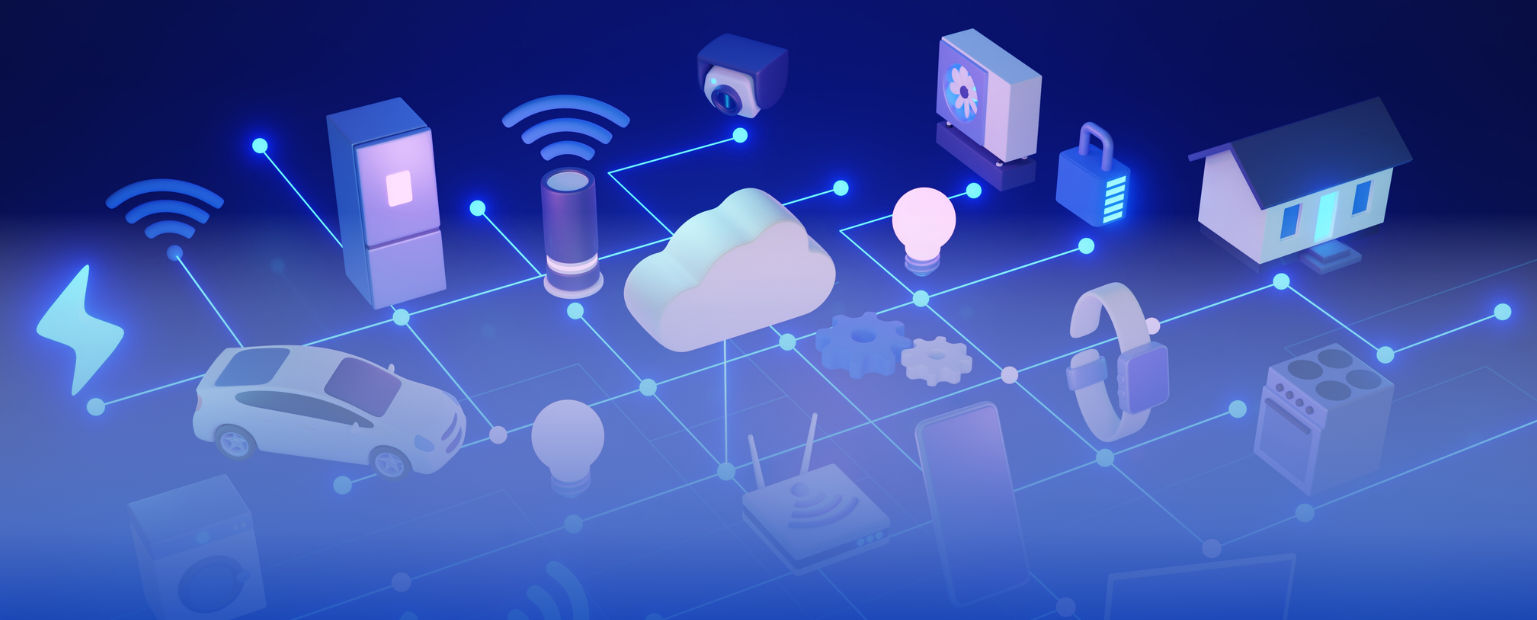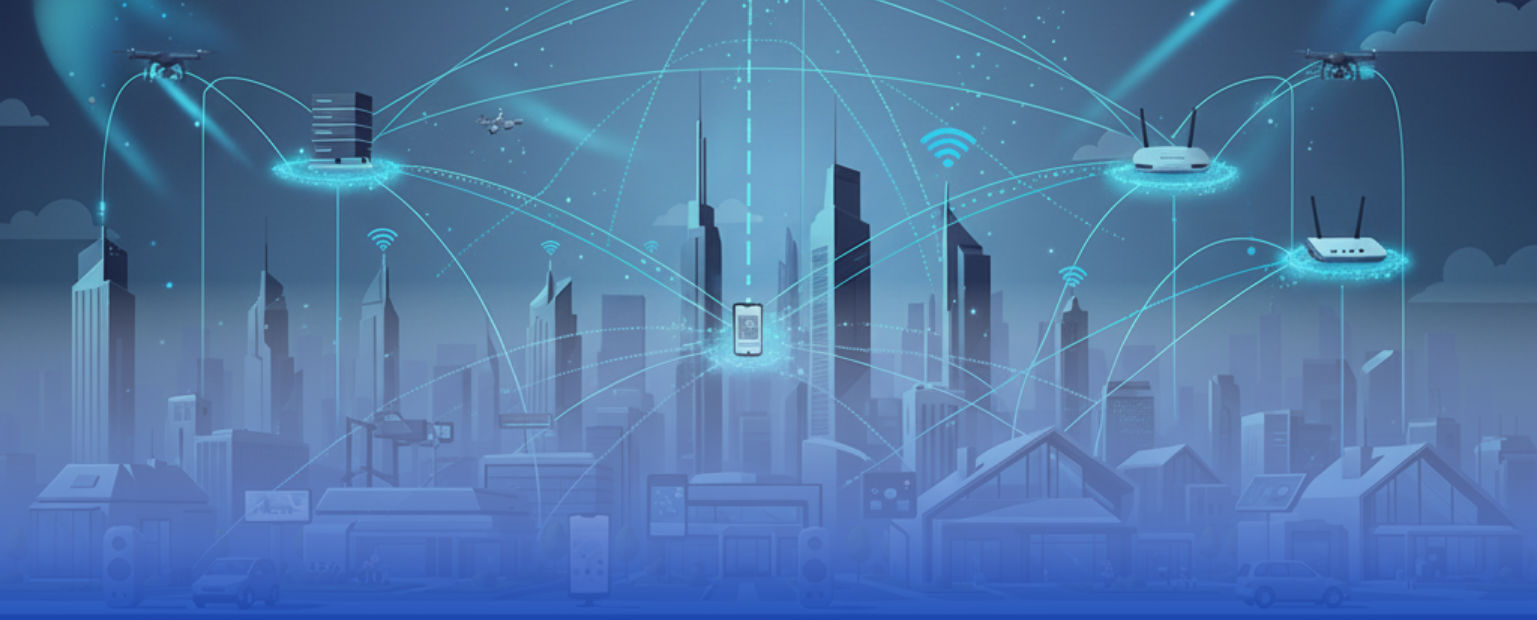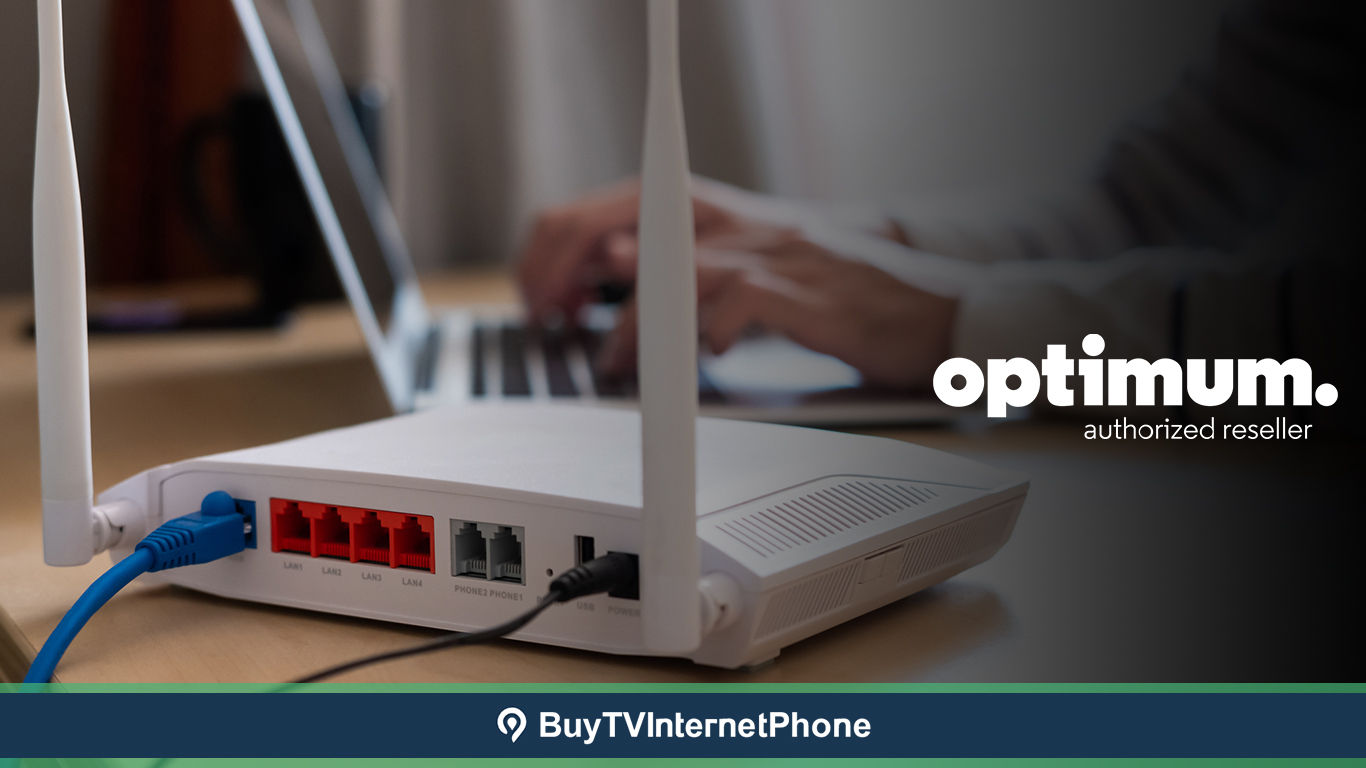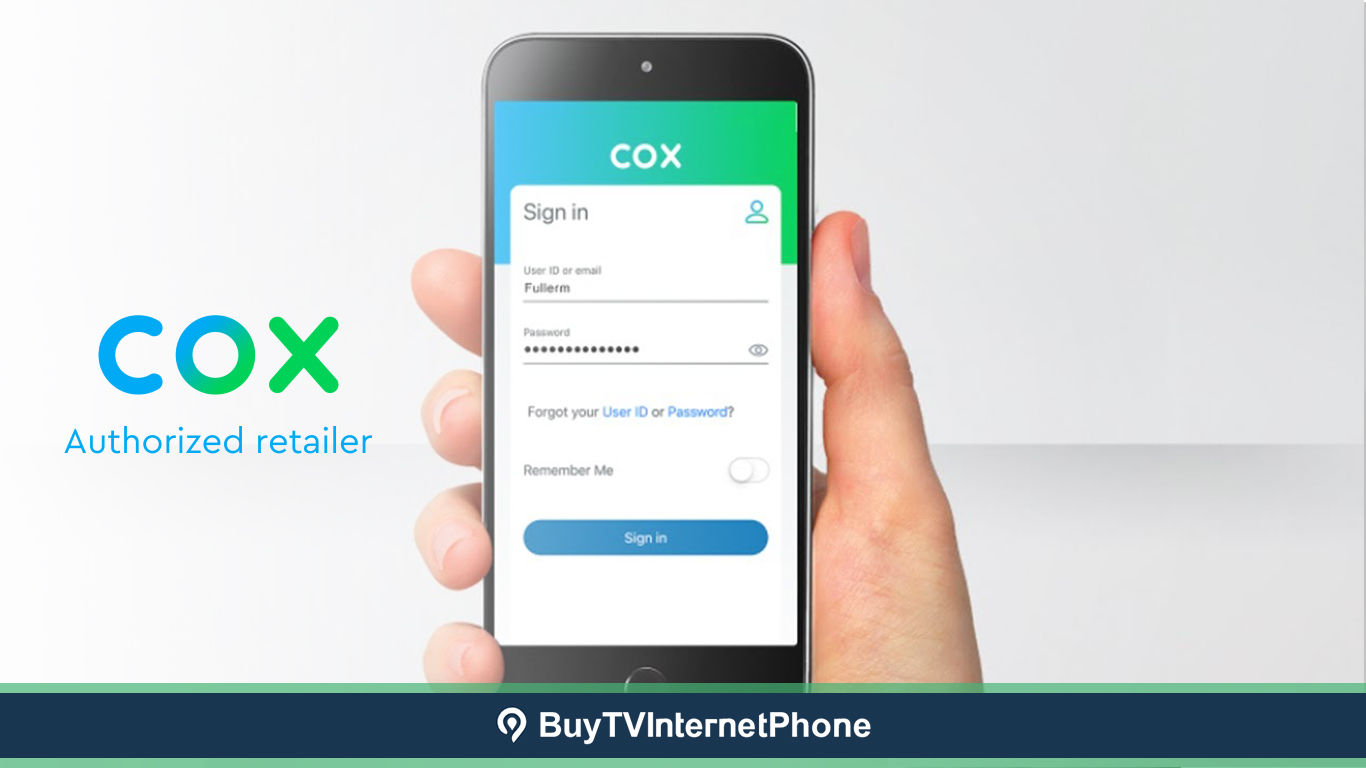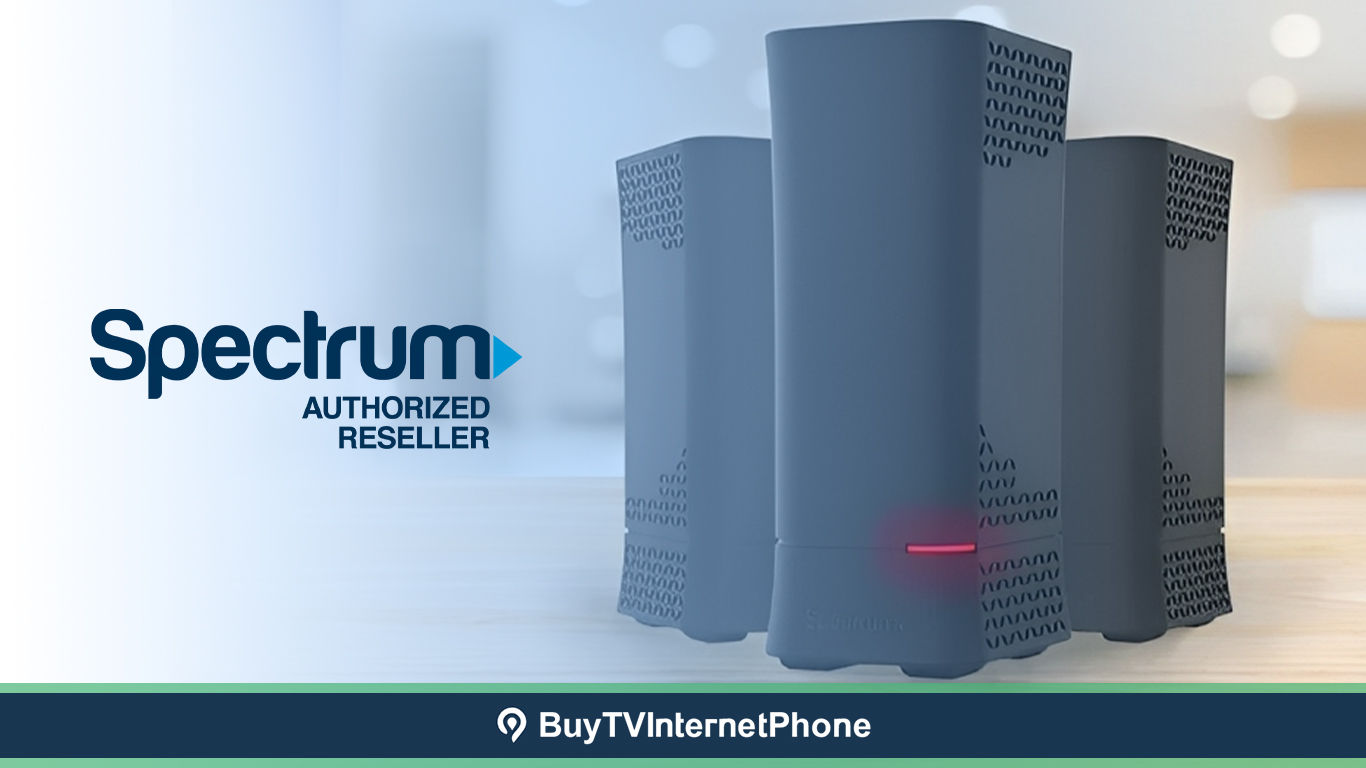Latest Posts
Storm-Ready Connectivity with Xfinity Pro Wi-Fi Backup
Get the peace of mind you deserve with Xfinity Pro Wi-Fi Backup. Stay connected even in severe weather with storm-ready solutions that ensure internet access when it matters most. ...
Xfinity Wi-Fi Motion: Track Movement in Your Home Effortlessly
The Xfinity Wi-Fi Motion feature allows the gateway to connect with up to three stationary smart devices in your home to form an advanced motion detection system. ...
The Future of Xfinity Internet: Reinvention for an AI-Driven World
Learn all about the new Xfinity Internet offers and how they offer more value to compete with fiber internet providers in the country. ...
Best Cities for Fiber Internet in the U.S.
Explore the top cities with fiber internet service in the U.S. and find out which internet service providers offer affordable and reliable internet near you. ...
Telecom Trends at CES 2026: It Might Be Quiet, But It’s Impactful
CES presented insights on the future of telecom in 2026. What would it look like? BuyTVInternetPhone shared everything in detail, so read on to find out. ...
Cox vs. Xfinity vs. Spectrum: Which Cable ISP Should You Choose in 2026?
Cox vs. Xfinity vs. Spectrum - compare speeds, prices, reliability, and find out which ISP is best for your home in 2026. ...

